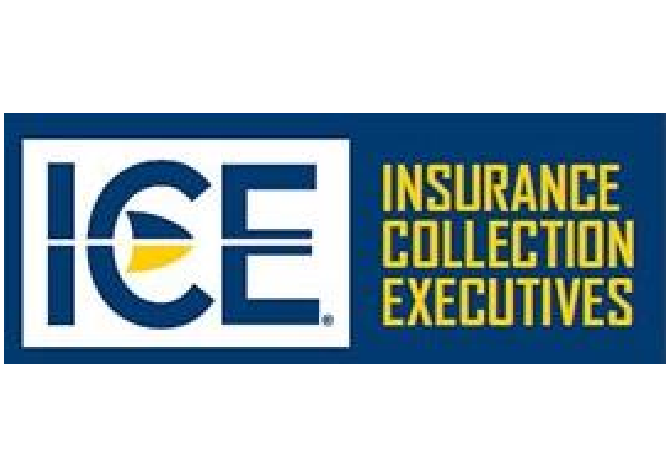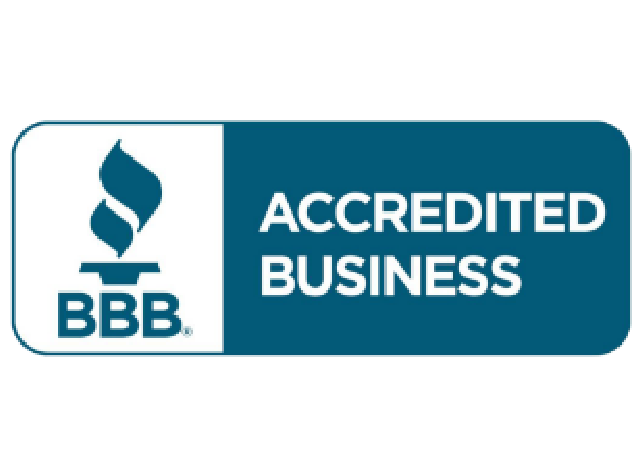Home / News & Insights / July 28, 2021 / ...
Dealing with Debt Denial
Debt Denial – Around 80% of all cases sent to a collections agency are referred simply because no one has yet overcome debt denial tactics. This means learning how to sidestep the usual stalling strategies is a must if you want to increase your collection rate.

What to do when debtors refuse to co-operate
Once you have your debtor on a call, it is unlikely that they will co-operate instantly. In many cases, debtors will initially claim ignorance, arguing that documentation has gone astray to buy time. This might get inexperienced collectors off the phone quickly, however persistence will win out.
Stick to the facts, recap previous attempts to make contact and reiterate the balance. Avoid asking questions that can be answered with a simple ‘yes’ or ‘no’ and opt instead for open ended enquiries that invite more detail. For example, instead of ‘Are you able to pay today?’ ask ‘When can I expect payment?’
Occasionally, you will encounter a debtor that is confrontational and continues to deny the debt. They might test your patience but stay calm, take a moment, and resume discussion in a professional manner. Even the most profane of debtors will lose momentum eventually.
When they are ready to listen, repeat the details of the debt and the consequences of non-compliance. Remind them that this is their contractual obligation and encourage them to see co-operation as the easier option.
Are they truly unable to pay?
Around 10% of collections result from mismanagement of funds by the debtor. In this case, the debtor often has multiple bills to pay and is making snap decisions on who to deal with first. Your goal is to ensure your company’s account is a top priority.
To achieve this, always ask for the balance in full on the first call and be specific about when and how to make payment.
Finally, clarify the details of any promised payment, rather than trusting that ‘your check is in the mail.’ If the client is genuine, they will happily confirm the check number, or any reference numbers associated with electronic payment.

Help the debtor find a solution
When a debtor says they can’t pay the debt, remain positive – they have now acknowledged the debt. Use your negotiation skills to engage with them and establish their real financial situation. You may yet spur them to action with the following useful strategies.
Try to identify where their money is currently going by asking open ended questions. Having established that the debtor does have funds to cover some expenses, you can encourage them to acknowledge that your debt is on the list and could easily be removed through co-operation.
Alternatively, help them to explore their cashflow, rather than their current balance, since incoming receivables could be the key to unlocking the situation.
Remember that in most cases, the debtor did not choose to end up in this predicament. Let them share how they got into debt and emphasize how good it would feel if the situation were resolved. Take a proactive approach by suggesting how they could locate funds to pay your debt, perhaps by tapping another credit line at the bank, refinancing a loan, or refinancing their building mortgage.
Sometimes, a payment plan is the only way forward. Insist that your goal is payment in full and if the debtor rejects terms, go back to the full balance as the only alternative. Once you have agreed on the number of payments and the amount, specify dates for payment and get confirmation in writing.
From debtors that allege ignorance to those that profess an inability to pay, use these tried and tested strategies to overcome objections and sidestep delaying tactics. For more ideas and advice on eliminating obstacles, download our free guide to Mastering the Art of Collections.






